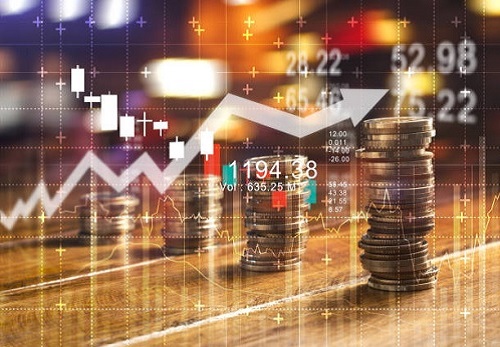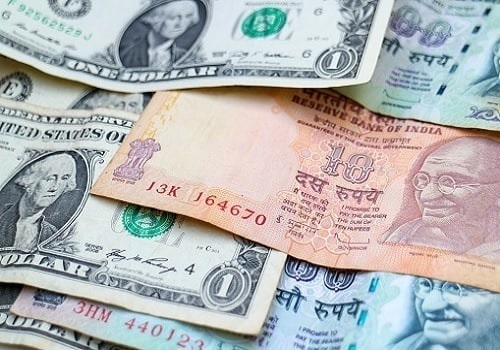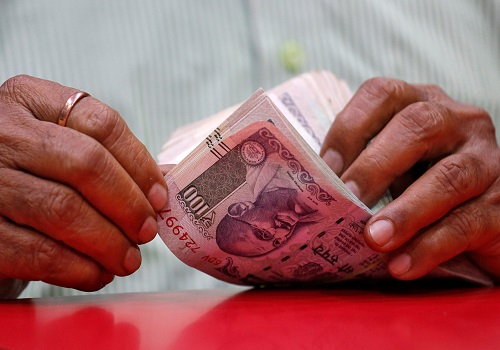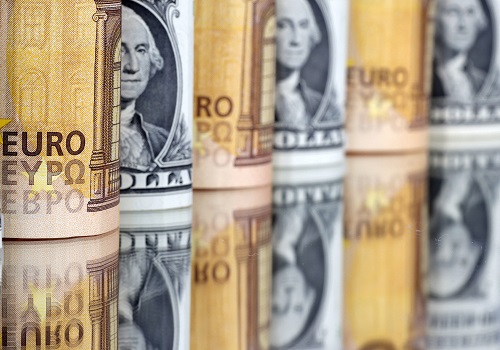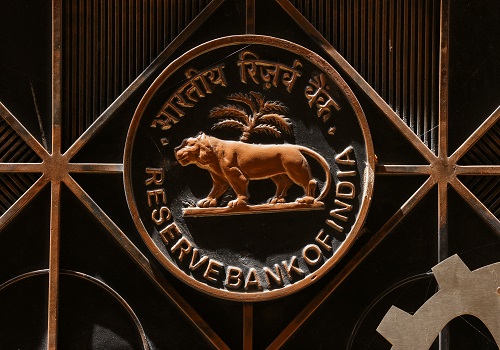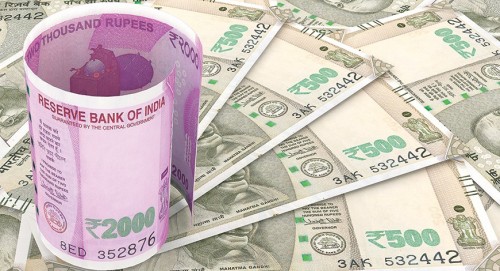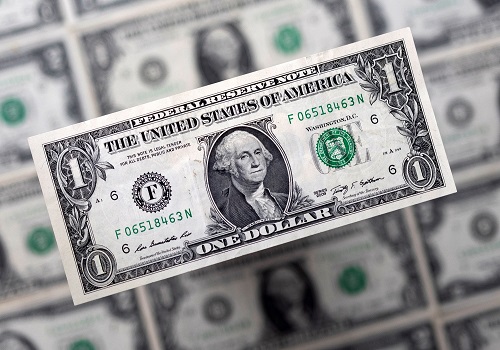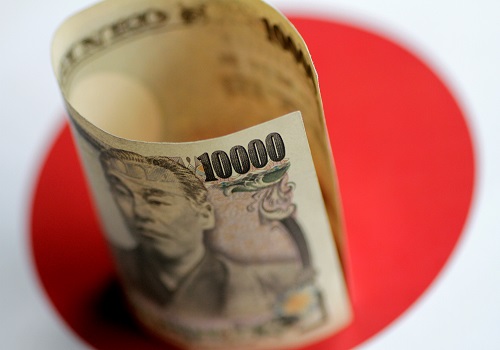Dollar mired near two-month low; Kiwi gains on RBNZ surprise
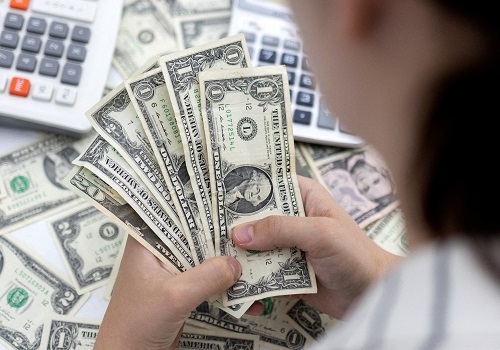
Follow us Now on Telegram ! Get daily 10 - 12 important updates on Business, Finance and Investment. Join our Telegram Channel
The U.S. dollar was stuck near two-month lows on Wednesday as weak economic data bolstered views that the Federal Reserve is near the end of its tightening cycle, while the New Zealand dollar jumped after a larger-than expected interest rate hike.
New Zealand's central bank raised interest by 50 basis points (bps) to a more than 14-year high of 5.25% in a move that surprised markets, as 22 of 24 economists in a Reuters poll had forecast just a 25 bps hike.
The kiwi rallied 1% to touch a two-month high of $0.6383 after the decision. It was last up 0.55% at $0.635.
Christopher Wong, a currency strategist at OCBC, said the central bank's stance was that near term inflationary pressures have increased and inflation is still too high and persistent, adding the hike brings the tightening cycle closer to an end.
Elsewhere, data overnight showed U.S. job openings dropped to their lowest level in nearly two years in February, suggesting that labour market conditions were finally easing.
Job openings, a measure of labour demand, were down 632,000 to 9.9 million on the last day of February, the monthly Job Openings and Labor Turnover Survey, or JOLTS report, showed. Economists polled by Reuters had forecast 10.4 million openings.
The dollar index, which measures the currency against six peers, eased to a fresh two-month low of 101.43, after dropping 0.5% overnight. It was last at 101.57.
The euro was flat at $1.0953, below the two-month peak it touched on Tuesday. Sterling was last at $1.2483, down 0.13% on the day, easing away from the ten month high it scaled on Tuesday.
"The market is still looking at the U.S. data very closely ... The market is very sensitive to how well the U.S. growth outlook is holding up in light of the banking stress," said Moh Siong Sim, currency strategist at Bank of Singapore.
The softer-than-anticipated U.S. jobs data led to the markets tweaking its outlook for rate hikes. Markets are now pricing in a 59% chance of the Fed standing pat on interest rates at its next policy meeting in May, CME FedWatch tool showed. Markets were pricing in a 43% chance of Fed not raising interest rates a day earlier.
A report last week showed that while inflation ebbed in February, it remained high enough to possibly compel the Fed to raise interest rates one more time this year.
"I think if you take away all the concerns about U.S. growth as a result of banking stress and just look objectively, the data seems to say that (it) is going in the right direction, but is still not quite there yet," said Bank of Singapore's Sim.
"And the Fed may have to perhaps do more and keep rates high for longer."
At their March policy meeting, most Fed policymakers signalled they expected to need to raise rates one more time, to 5.1%, and not cut them until 2024.
Federal Reserve Bank of Cleveland President Loretta Mester said on Tuesday that while the economy appears on a path toward slowing down, the central bank likely has more rate rises ahead of it.
A Reuters poll of foreign exchange strategists showed that the U.S. dollar will likely weaken against most major currencies in 2023 as the interest rate gap with its peers narrows, putting the U.S. currency on the defensive after a multi-year run.
"Focus will turn to Friday's key employment report, where the consensus is picking a further moderation in non-farm payrolls growth to 240K," Rodrigo Catril, a senior currency strategist at National Australia Bank.
In the U.S. bond market, the two-year Treasury yield, which typically moves in step with interest rate expectations, up 2.8 basis points at 3.862%, after sliding 14 basis points on Tuesday.
The yield on 10-year Treasury notes was up 1.3 basis points to 3.350%, having slipped 9 basis points overnight.
The Australian dollar fell 0.09% to $0.675, a day after Reserve Bank of Australia left its cash rate unchanged at 3.6%, snapping 10 straight hikes, saying it needed more time to assess the impact of past increases.






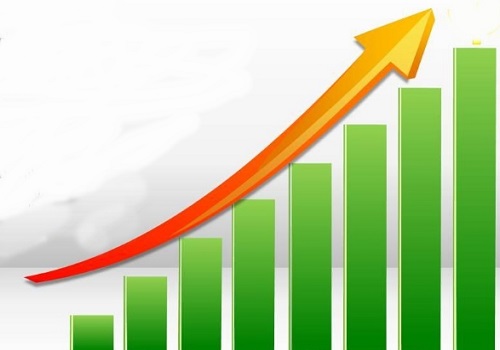

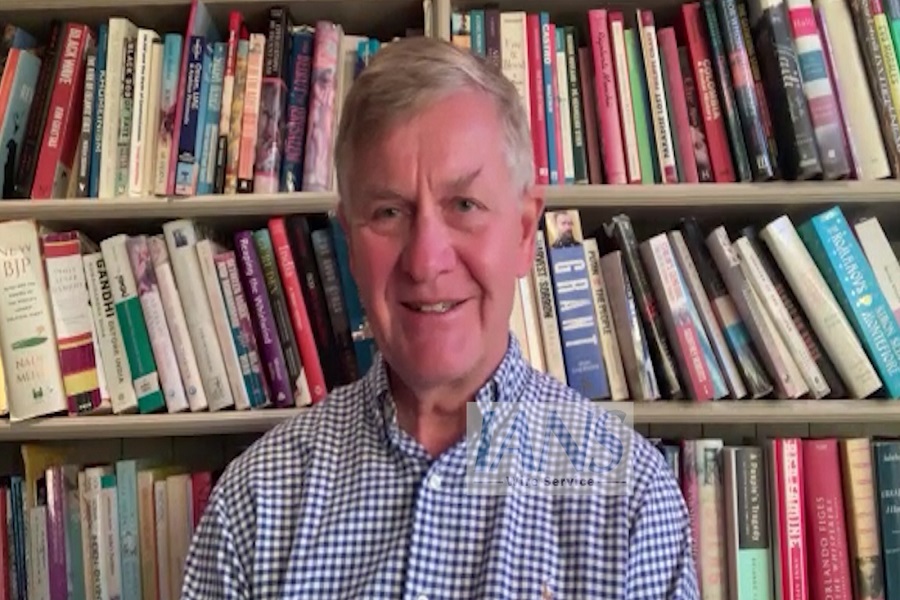



 320-x-100_uti_gold.jpg" alt="Advertisement">
320-x-100_uti_gold.jpg" alt="Advertisement">




